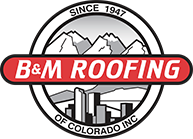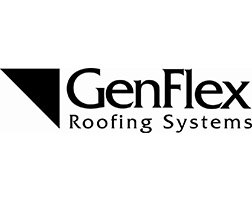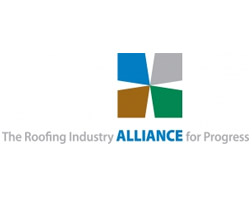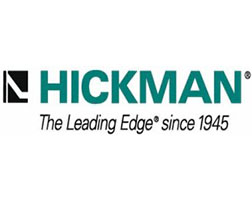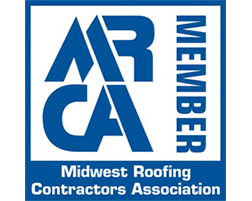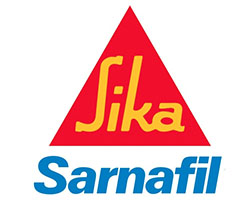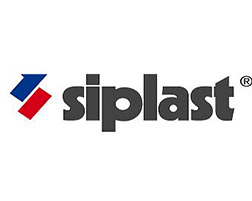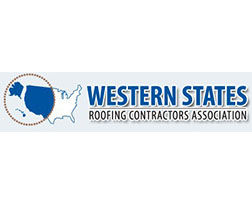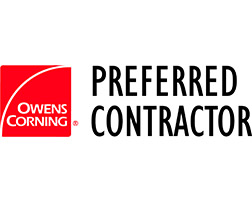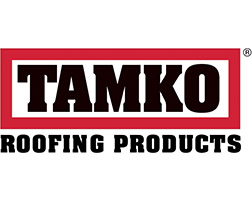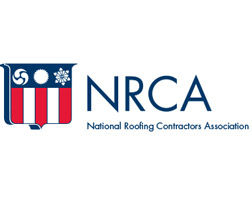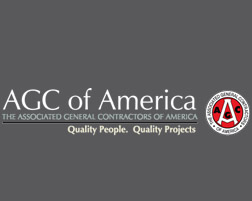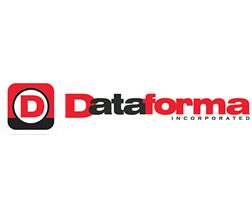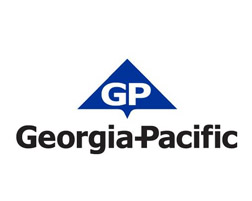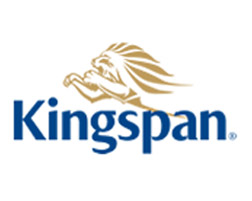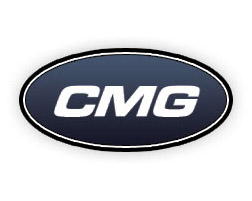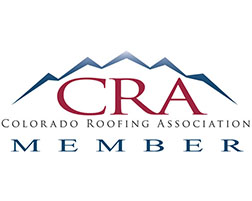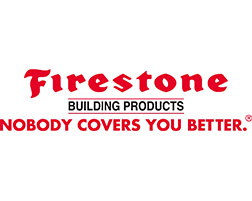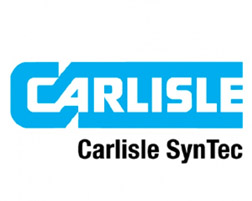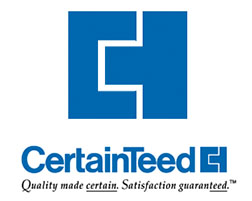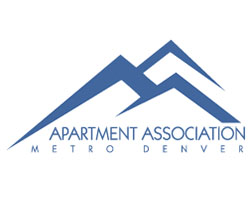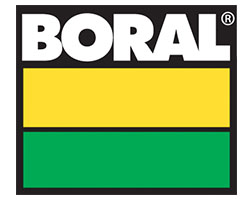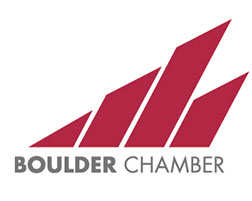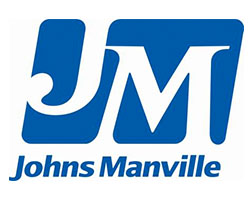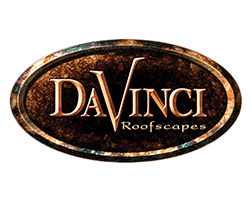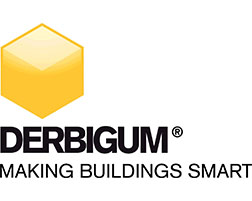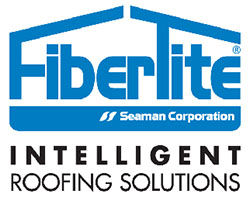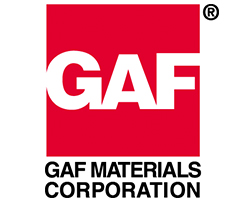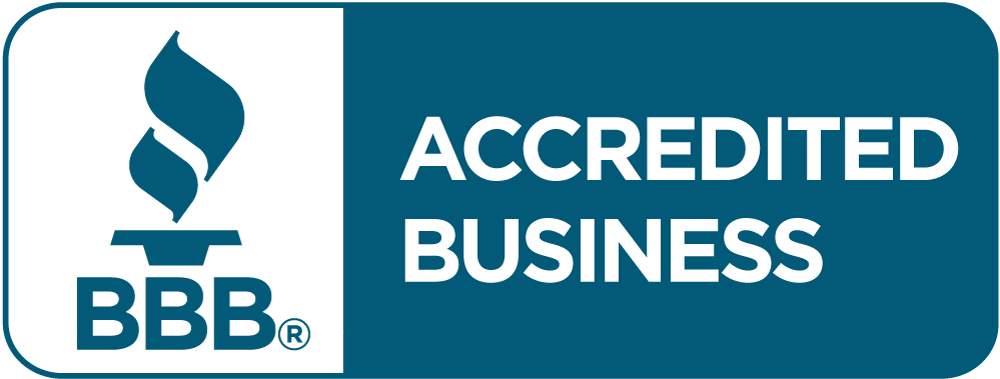Benefits of Roof Coating
Roof coatings have received more attention and recognition in the last few years. As the interest in sustainability and “eco-friendly” practices continues to boom, there will likely be more of a demand for roof coating services. But why? What are some roof coating benefits that commercial property managers should consider when addressing roofing needs? Below we’ll review some obvious benefits from this specific roofing service. First, you should understand how roof coating systems work.
The experts of B&M Roofing Colorado provide expert roof maintenance, repairs, and installations throughout the state for:
Learn more about our roof coating services and applications for commercial properties. Give us a call directly at (303) 443-5843, or schedule a FREE ESTIMATE.
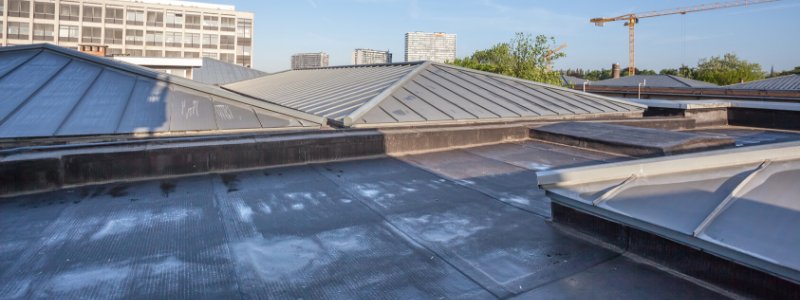
What is roof coating?
A roof coating is an extra layer of protection placed on an already completed roof that can give it a longer lifespan. There are many different types of roof coatings including:
- acrylic
- silicone
- polyurethane
- elastomeric
- asphalt
Each has its benefits and downsides. Depending on the type of building material, there are several selections to consider, but the most popular are those listed above. Also, check out an up-to-date list of the top ten roof coating products listed by MSN here. An experienced roofing expert — like those at B & M Roofing — should be able to give you suggestions or recommendations after the initial inspection. Overall roof coatings for commercial buildings can be extremely beneficial. We’ve listed the top 3 roof coating benefits.
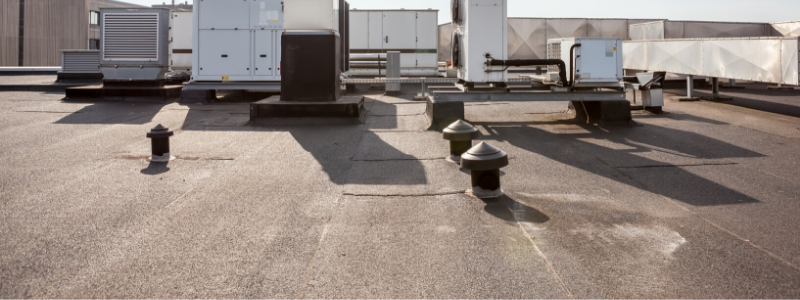
Roof Coating Benefits
Again, there are several benefits of roof coating systems. Commercial property owners usually consider the following roof coating benefits to be of top priority.
As the roofing industry changes, you are likely to see more adaptation in consideration of the rising sustainability practices and eco-friendly building materials.
Consider that to be inherent in most roof coating systems. In addition, you will also find benefits for:
1. Energy Savings
A roof with a white or reflective coating will not absorb the heat from the sun’s rays. Instead, the material serves as a barrier and reflects this transmitted heat. In turn, this provides two major benefits for commercial buildings:
- Keeps the building cooler
- Reduces Energy Consumption
In the summer, this means that the coating will keep your building from warming, thus keeping the building much cooler with drastic differences in temperatures indoors.
What, in turn, does this mean for energy consumption? Well, put simply, the building will not require as much energy use to keep things cool and comfortable. Reducing carbon footprint is a major roof coating benefit that should definitely sway most commercial business managers when considering a coating system. At a minimum it can drastically lower energy bills — and that’s never a bad business move!
2. Protection Against Leaks
Adding a roof coating gives an extra layer of protection from leaks due to physical damage.
If there are already small damaged areas, roof coatings can fill those to protect your roof for the future. Take note that most damaged areas are usually minor. If you’re experiencing extensive damage to your roof either due to inclement weather or age progression, be sure to take a look at underlying factors. In general, we recommend routine maintenance on every roof to ensure quality and extended lifespan. Check out some reasons your commercial roof might leaking here.
However, if the damage is minor, a roof coating can help protect against minor leaks. Sealing up cracks or smaller holes is one of the most noticeable benefits of these services. Also, consider protecting your roof against mold and mildew which can also cause leaks over time.
3. Extended Roof Life
Since one of the main benefits of roof coating is that it can protect your roof from damage, they can also extend the life of your roof. By using a roof coating, your commercial roof will have an additional layer of protection from elements like snow, ice, and hail. In addition, as mentioned above, roof coatings can help seal cracks and holes that lead to leaks and extensive damage. Rather than facing a new roof replacement, roof coatings can provide a secondary option for repairs rather than replacement.
By extending the life of your roof you can wait years before replacing your roof again, leaving money available for other projects.
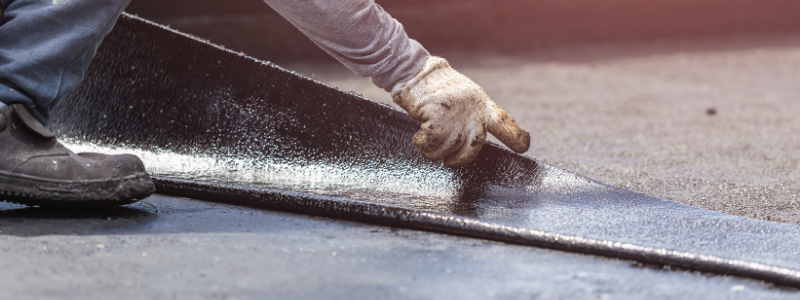
Does Roof Coating Work
We hope we have made it clear by now that the benefits of roof coating are significant enough that it is worth having done on your building. On the other hand, for it to work to its maximum potential, you’ll need to decide which type of roof coating to use.
To learn best how to use roof coating, let’s discuss the pros and cons of popular types:
Benefits of Silicone Roof Coating
Pros:
If you want to keep temperatures low in your building without spending a lot on cooling systems, one of the best things you can do is cover your roof with this material. One of the main benefits of silicone roof coating is that it can reflect a vast amount of the UV rays that are beating down on your building, so it can dramatically change the atmosphere inside.
Silicone roof coatings are also very flexible with regard to temperature, weather, and other factors. It handles hot and cold weather well, and it can withstand pooling water on the surface. To make things even better, it’s quite flexible, so you’re less likely to end up with cracking points over time.
Cons:
Unfortunately, it has a few disadvantages. It attracts dirt and debris, so it needs to be cleaned on a regular basis. Also, it can be slippery when wet, so you have to be extremely careful when walking on it. Finally, the third major downside is that other materials don’t adhere to it very well, so you often have to remove pieces if spraying something else in the same place.
Benefits of Elastomeric Roof Coating
Pros:
This material is similar in many ways to silicone, so it will come as no surprise that one of the primary benefits of elastomeric roof coating is that it can reflect UV rays to keep your building cool. Additionally, it is strong, easy to maintain, and it responds well to having small patches fixed up when necessary.
Cons:
There is one big downside to elastomeric roof coating, however. That is that it doesn’t respond well to pooling water. This doesn’t have to be a deal-breaker, though, because there are steps we can take to prevent ponds from forming on your roof. There are plenty of reasons why that’s not something you want anyway!
Benefits of White Roof Coating
Pros:
Many different coating materials come in white, so this isn’t necessarily a unique type, but we often get asked about the benefits of white roof coating. The color itself is beneficial for the reflection of UV rays, and the potential energy savings that it gives can often help you qualify for green building certifications.
Plus, if you’re roof is visible, and can give your building a clean, attractive, and modern appearance.
Cons:
The biggest downside to white is the fact that it will show dirt and any type of stain more often. Keeping it clean should be a separate issue, but this could potentially be a problem if the roof is visible and could have substances spilled on it.
Benefits of Acrylic Roof Coating
Acrylic is another popular roof coating material because it is easy to install, is cost-effective, and is very reflective.
The two major downsides are that it becomes brittle if there is a lot of ponding on your roof, and it can’t be installed in colder weather – which can add additional challenges to the initial application and any maintenance needed.
Find Out if Roof Coating Would Help You
If you’re looking for a way to extend the life of your commercial roof or protect your roof from leaks, a roof coating might be the best solution for you. You’ll also benefit from energy and cost savings. The roofing experts at B&M Roofing of Colorado are available to answer your commercial roofing questions! Contact us today at 303-443-5843.
